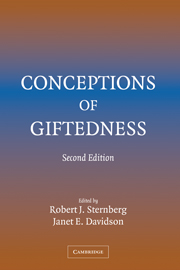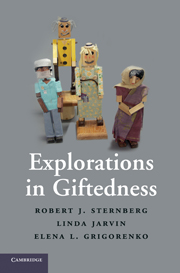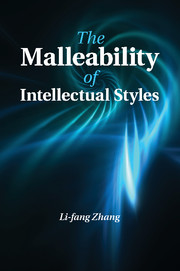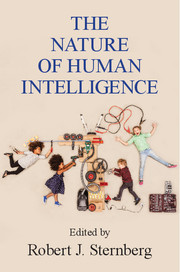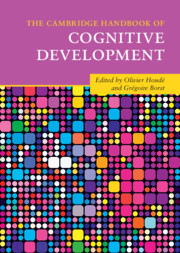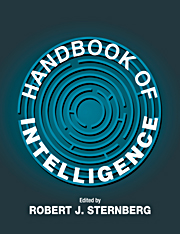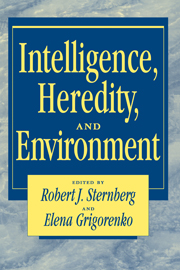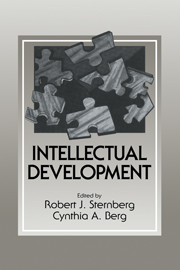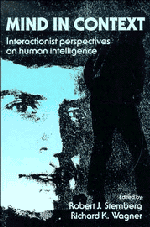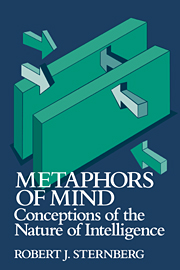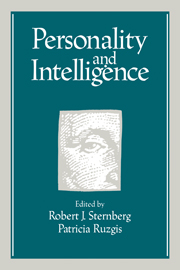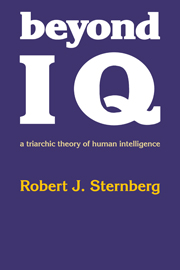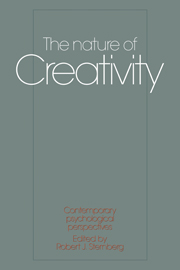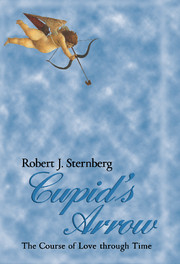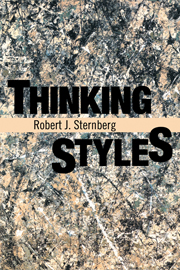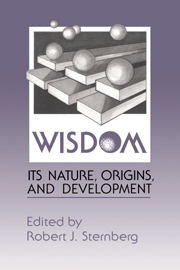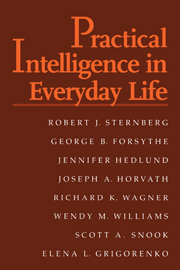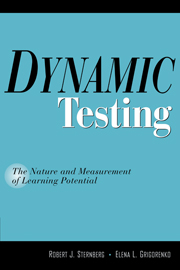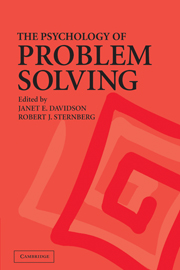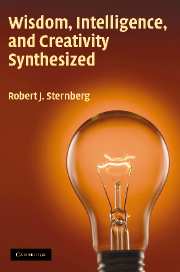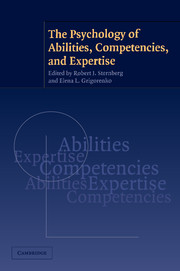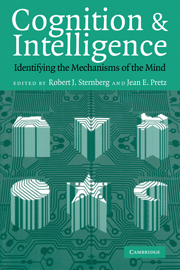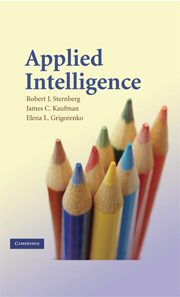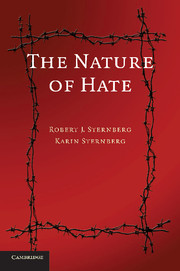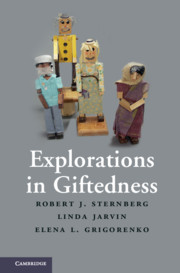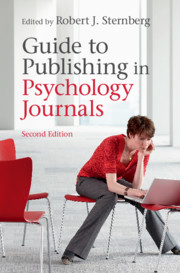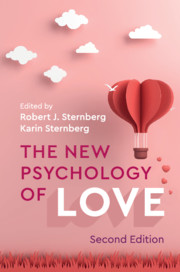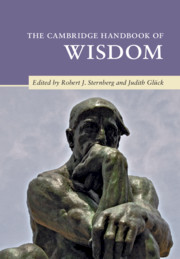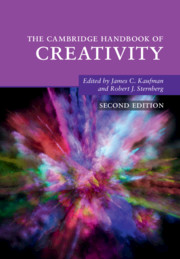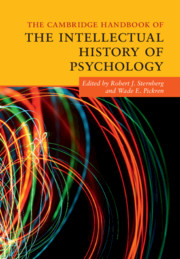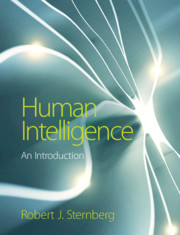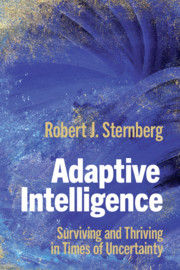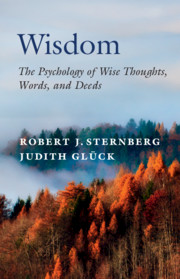Conceptions of Giftedness
2nd Edition
- Editors:
- Robert J. Sternberg, Cornell University, New York
- Janet E. Davidson, Lewis and Clark College, Portland
- Date Published: July 2005
- availability: Unavailable - out of print
- format: Hardback
- isbn: 9780521838412
Hardback
Other available formats:
Paperback
Looking for an inspection copy?
This title is not currently available on inspection
-
What does it really mean to be gifted and how can schools or other institutions identify, teach, and evaluate the performance of gifted children? Gifted education is a crucial aspect of schooling in the United States and abroad. Most countries around the world have at least some form of gifted education. With the first edition becoming a major work in the field of giftedness, the second edition of Conceptions of Giftedness aims to describe the major conceptions of what it means to be gifted, and how these conceptions apply to identification, instruction, and assessment of the gifted. It will provide specialists with a critical evaluation of various theories of giftedness, give practical advice to teachers and administrators on how to put theories of gifted education into practice, and to enable the major researchers in the field to compare and contrast the strengths of their theoretical models.
Read more- A book such as this one would help specialists in the field of giftedness choose a model with which to work
- Addresses need for translation of conceptions of giftedness into practice
- Provides teachers of the gifted with comparisons of conceptions and to know the similarities and differences among the conceptions
Customer reviews
Not yet reviewed
Be the first to review
Review was not posted due to profanity
×Product details
- Edition: 2nd Edition
- Date Published: July 2005
- format: Hardback
- isbn: 9780521838412
- length: 480 pages
- dimensions: 236 x 158 x 30 mm
- weight: 0.76kg
- contains: 12 b/w illus. 11 tables
- availability: Unavailable - out of print
Table of Contents
1. Gifted education without gifted children: the case for no conception of giftedness James Borland
2: Youths who reason exceptionally well mathematically and/or verbally: using the MVT:D4 model to sevelop their talents Linda E. Brody and Julian Stanley
3. A child responsive model of giftedness Carolyn M. Callahan and Erin M. Miller
4. School-based conception of giftedness Tracy L. Cross and Laurence J. Coleman
5. Giftedness, talent, expertise and creative achievement John F. Feldhusen
6. Permission to be gifted: how conceptions of giftedness can change lives Joan Freeman
7. From gifts to talents: the DMGT as a developmental model Francoys Gagne
8. Nurturing talent in gifted students of color Edmund Gordon and Beatrice L. Bridglall
9. The Munich model of giftedness designed to identify and promote gifted students Kurt A. Heller, Cristoph Perleth and Tock Keng Lim
10. Systemic approaches to giftedness: contributions of Russian psychology Ida Jeltova and Elena L. Grigorenko
11. Giftedness and gifted education Franz J. Monks and Michael W. Katzko
12. The importance of contexts in theories of giftedness: learning to embrace the messy joys of subjectivity Jonathan A. Plucker and Sasha A. Barab
13. Feminist perspectives on talent development: a research based conception of giftedness in women Sally M. Reis
14. The three-ring conception of giftedness: a developmental model for promoting creative productivity Joseph S. Renzulli
15. In defense of a psychometric approach to the definition of academic giftedness: a conservative view from a die-hard liberal Nancy M. Robinson
16. Creative giftedness Mark A. Runco
17. Genetics of giftedness: the implications of an emergenic -epigenetic model Dean Keith Simonton
18. The WICS model of giftedness Robert J. Sternberg
19. Beyond expertise: conceptions of giftedness as great performance Rena F. Subotnik and Linda Jarvin
20. Domain-specific giftedness: applications in school and life Joyce Van Tassel-Baska
21. Extreme giftedness Catya von Karolyi and Ellen Winner
22. Making giftedness productive Herbert J. Wahlberg and Susan J. Paik
23. The actiotope model of giftedness Albert Ziegler
24. (Discussion) The scientific study of giftedness Richard E. Mayer.
Sorry, this resource is locked
Please register or sign in to request access. If you are having problems accessing these resources please email [email protected]
Register Sign in» Proceed
You are now leaving the Cambridge University Press website. Your eBook purchase and download will be completed by our partner www.ebooks.com. Please see the permission section of the www.ebooks.com catalogue page for details of the print & copy limits on our eBooks.
Continue ×Are you sure you want to delete your account?
This cannot be undone.
Thank you for your feedback which will help us improve our service.
If you requested a response, we will make sure to get back to you shortly.
×
